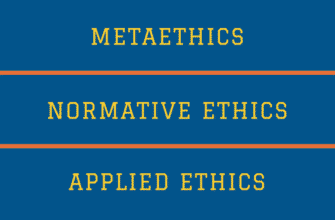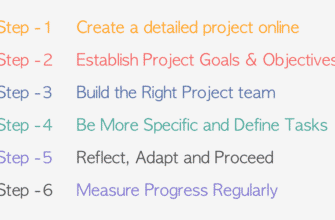When’s the last time you considered how your behavior is perceived? Do the discrepancies between your actions and intents send mixed messages? Comedian and actress Sarah Silverman recently discussed this on the podcast Off Camera with Sam Jones.
Some of the smarter jokes I feel like I write are from watching Real Housewives… Your obsession with your looks and trying to look younger makes your daughter not dream about her future. It’s the reason why your daughter doesn’t look forward to adulthood at all. Because it’s just this terror-filled attempt to look younger with shots and cuts and you become this weird Frankenstein monster. It’s really heartbreaking.
The Real Housewives mothers may not be purposely sending the message that getting older is a bad thing, but their conduct is enough to bolster these negative ideals in their children. This Rhetoric/Reality Gap between parents’ stated priorities and the real messages being sent was examined in a study by Richard Weissbourd, a psychologist with Harvard University’s school of education.
According to Weissbourd’s research involving 10,000 middle and high school students, 80% reported their parents are more concerned about achievement or happiness than caring for others. In addition, they were three times more likely to agree than disagree with this statement: “My parents are prouder if I get good grades in my classes than if I’m a caring community member in class and school.”
It turns out that no parents in the study stated the unimportance of caring for others; the prioritization of achievement and happiness were enforced by the power and frequency of parents’ messages and actions.
While originally intended for parents, the following guidelines from Weissbourd and his Making Caring Common project are easily adaptable to leadership, workplace culture, and how we interact with those on our team. These four strategies help shift the balance towards a team-based culture where respect and integrity are the priority.
Provide ongoing opportunities to practice caring and helpfulness. Individuals do not necessary begin their career with an innate ability to act with kindness and respect. Like most things, they learn it through repetition. With leadership guidance and daily opportunities to practice, we can lead staff to develop the skills to build a more cooperative, team-centric workplace.
Teach others to zoom in and zoom out. When we zoom in, there’s a focus on listening closely to individuals within our immediate circle. By zooming out we consider multiple perspectives, including those who are too often ignored and/or overlooked. Put the human experience of co-workers into context and expands their circle of concern.
Be a strong moral role model. The fishbowl analogy is not an overstatement – you are being watched by those in the organization. They want to see how you live the values, how you react when others do not exhibit the values, and how you incorporate the values into the organization’s strategies. Therefore, its imperative that we act in a manner that accurately reflects how you want others to act. Acknowledge your mistakes. Listen to those on your team. And continually look for opportunities to practice and demonstrate team-based behaviors, zoom in and out, and widen your circle of concern.
Guide others to managing destructive feelings. Anger, envy, and other negative feelings can supersede the intentions to be team-focused. We must make it clear to those on our team that it is okay to feel this way, but we must also maintain the emotional intelligence and self-control to remain professional. It is our responsibility to teach constructive coping mechanisms that address their concerns, resolve issues, and provide productive catharsis.
The role of the leader often feels like the role of a parent. This is not to say that employees should be treated like children, but the principles of raising respectful, responsible kids are similar to how we generate a positive workplace culture. Be receptive to how you may be unintentionally influencing those around you. Do you want to be a Real Housewife or a real leader?





